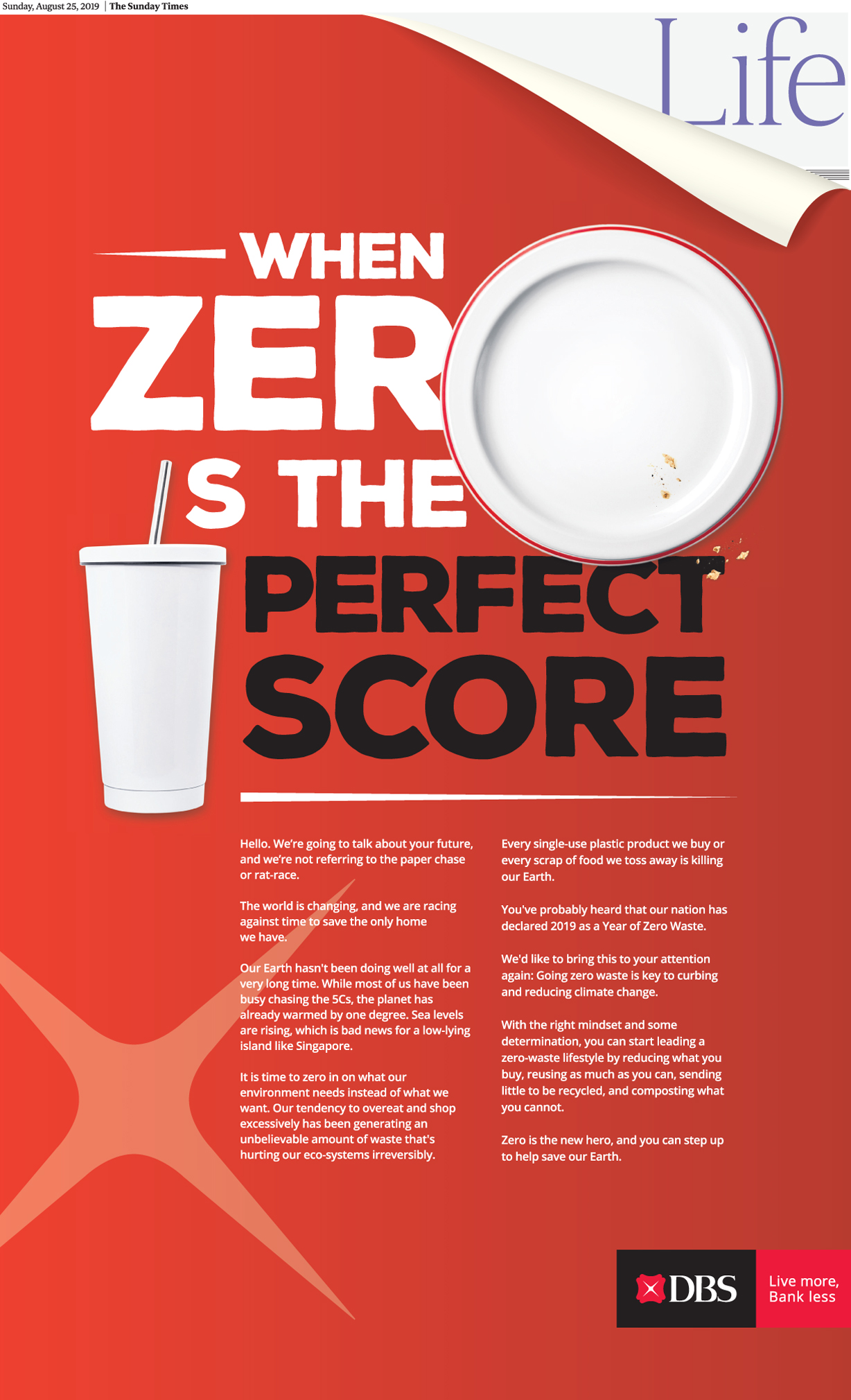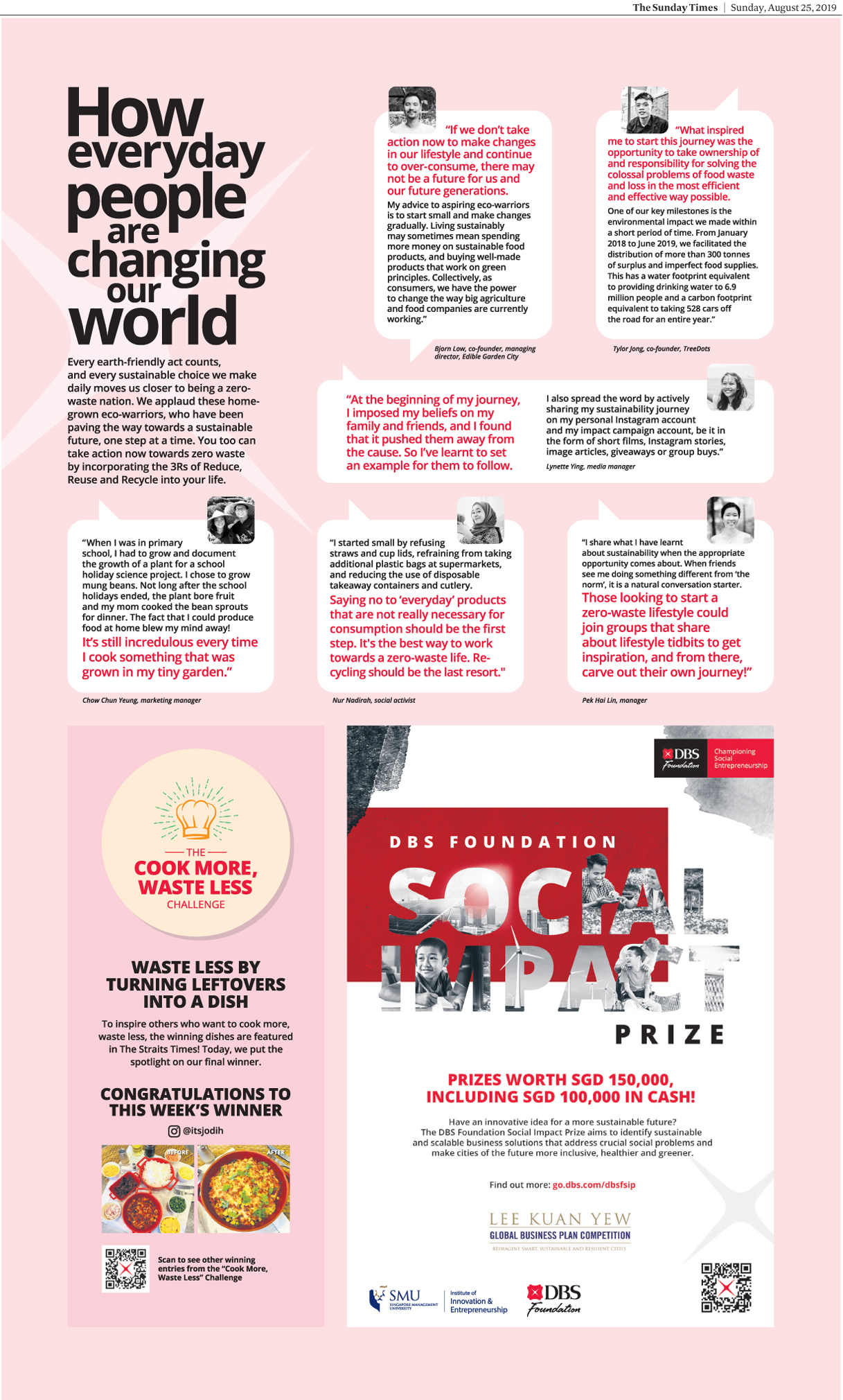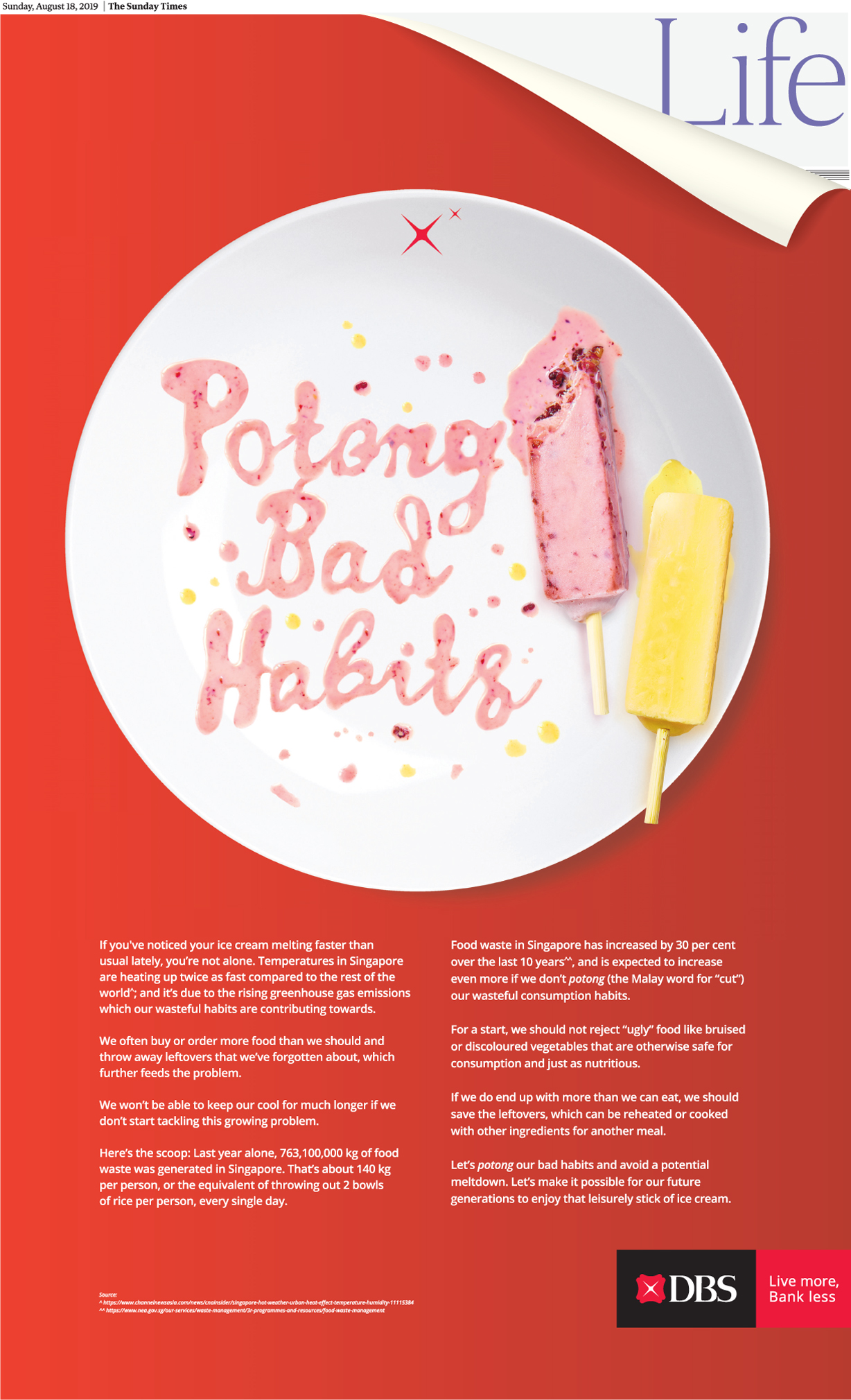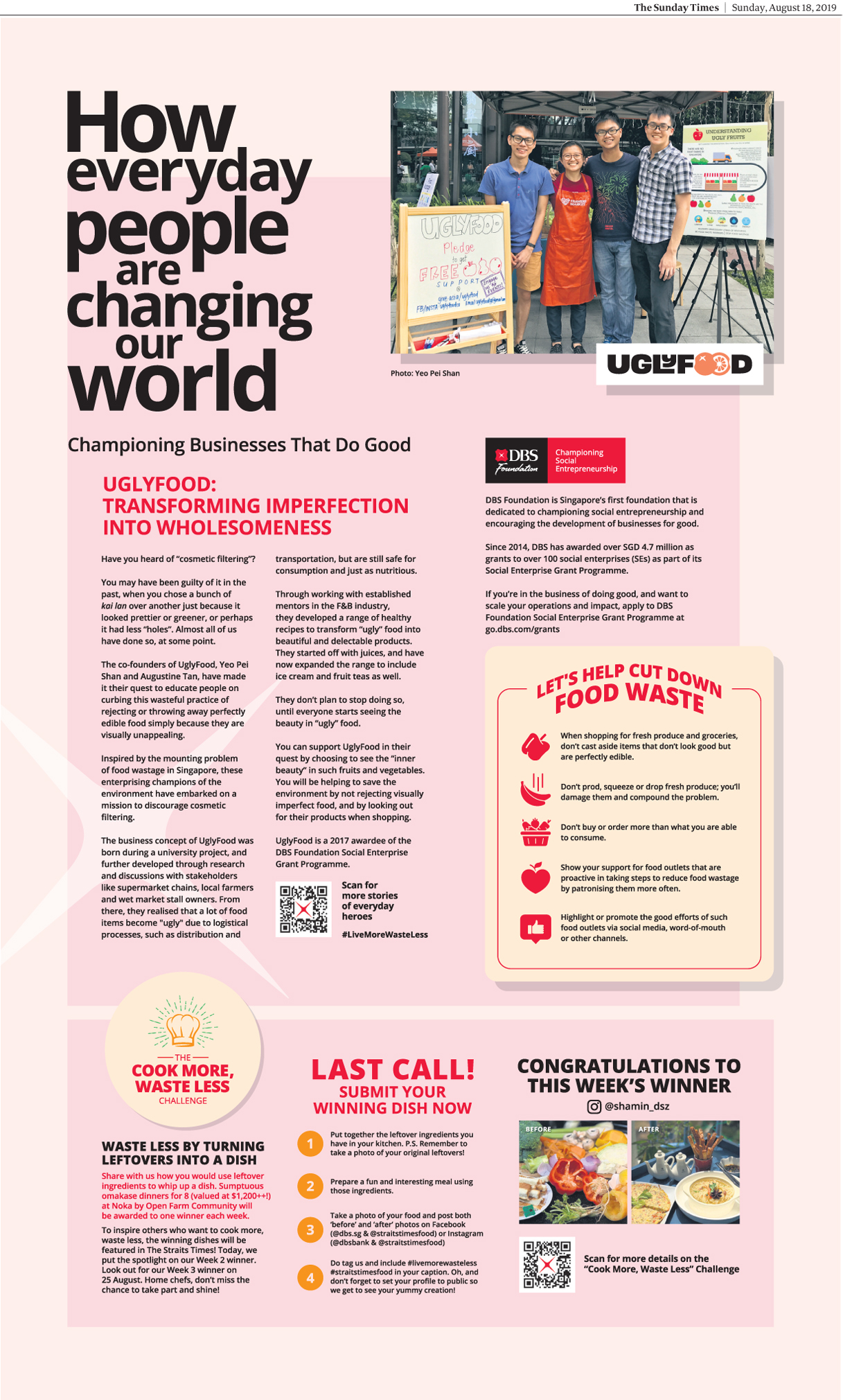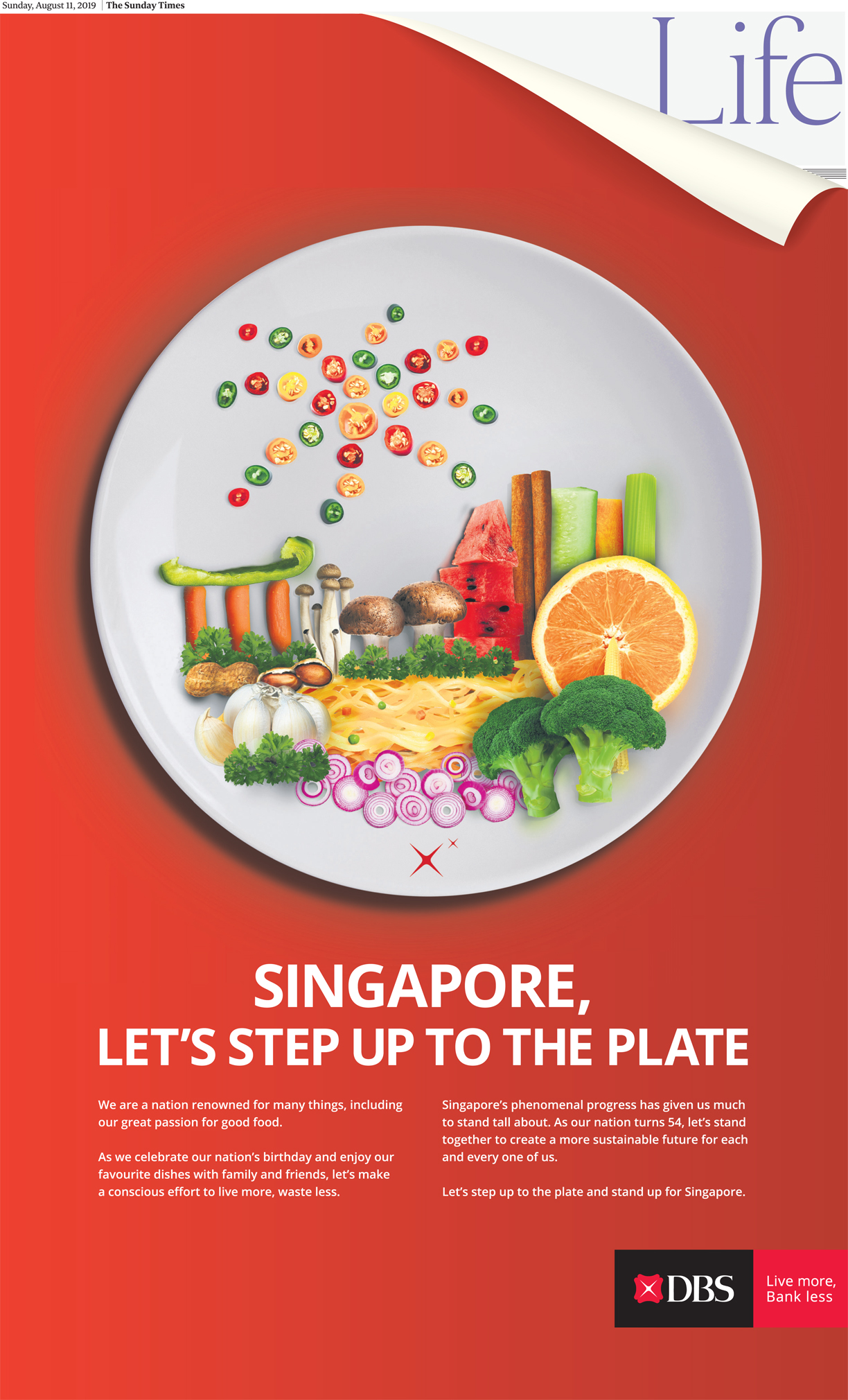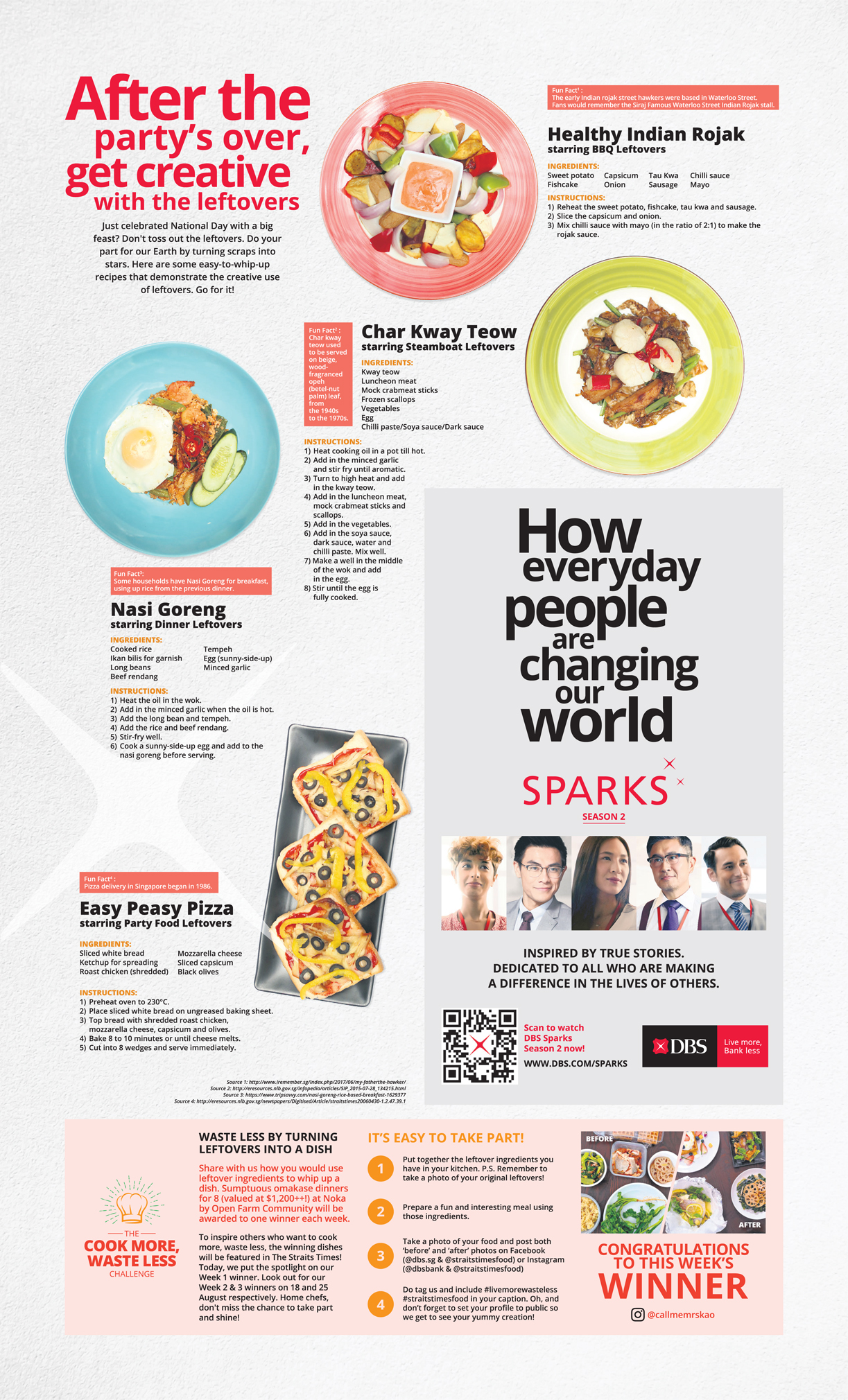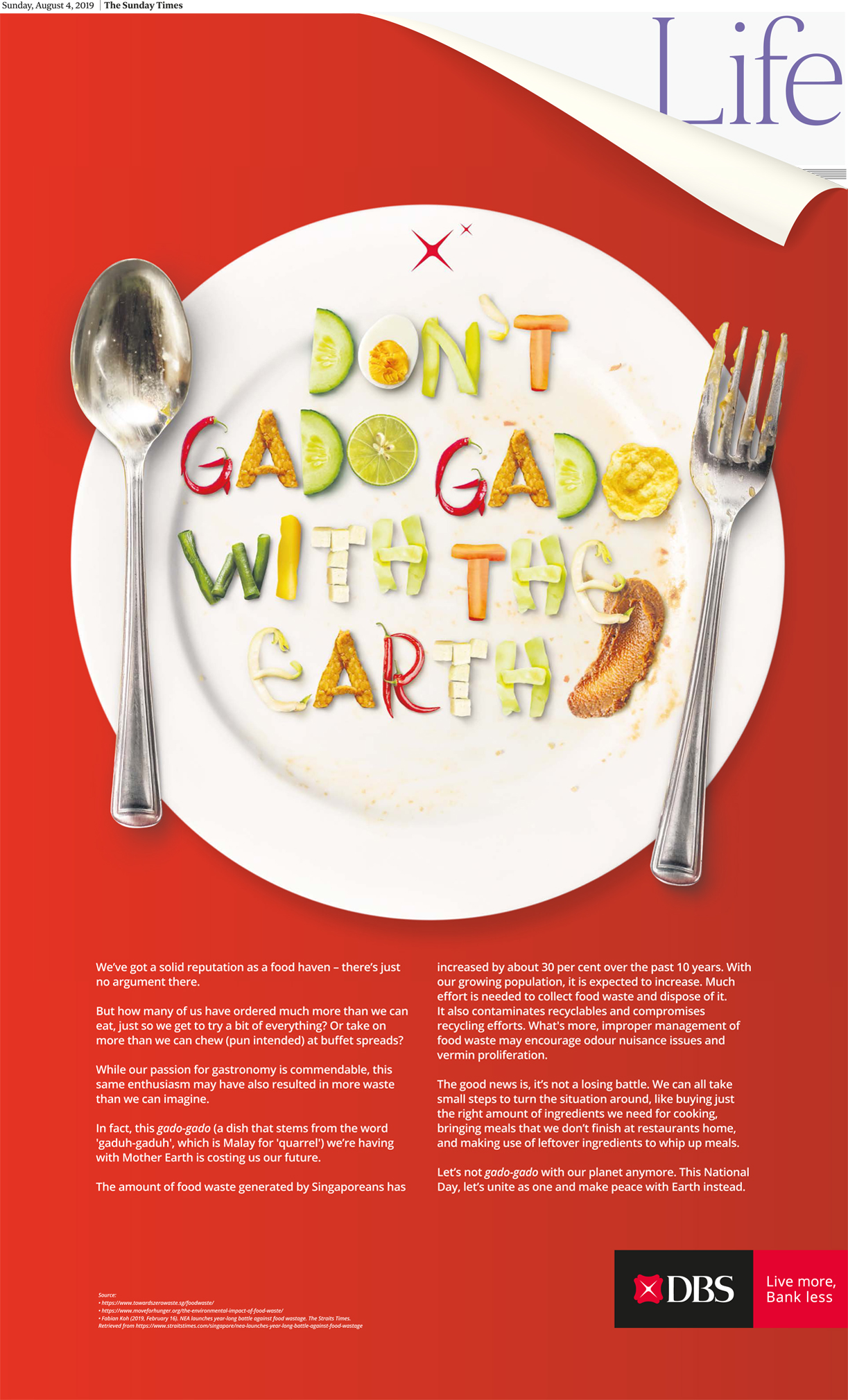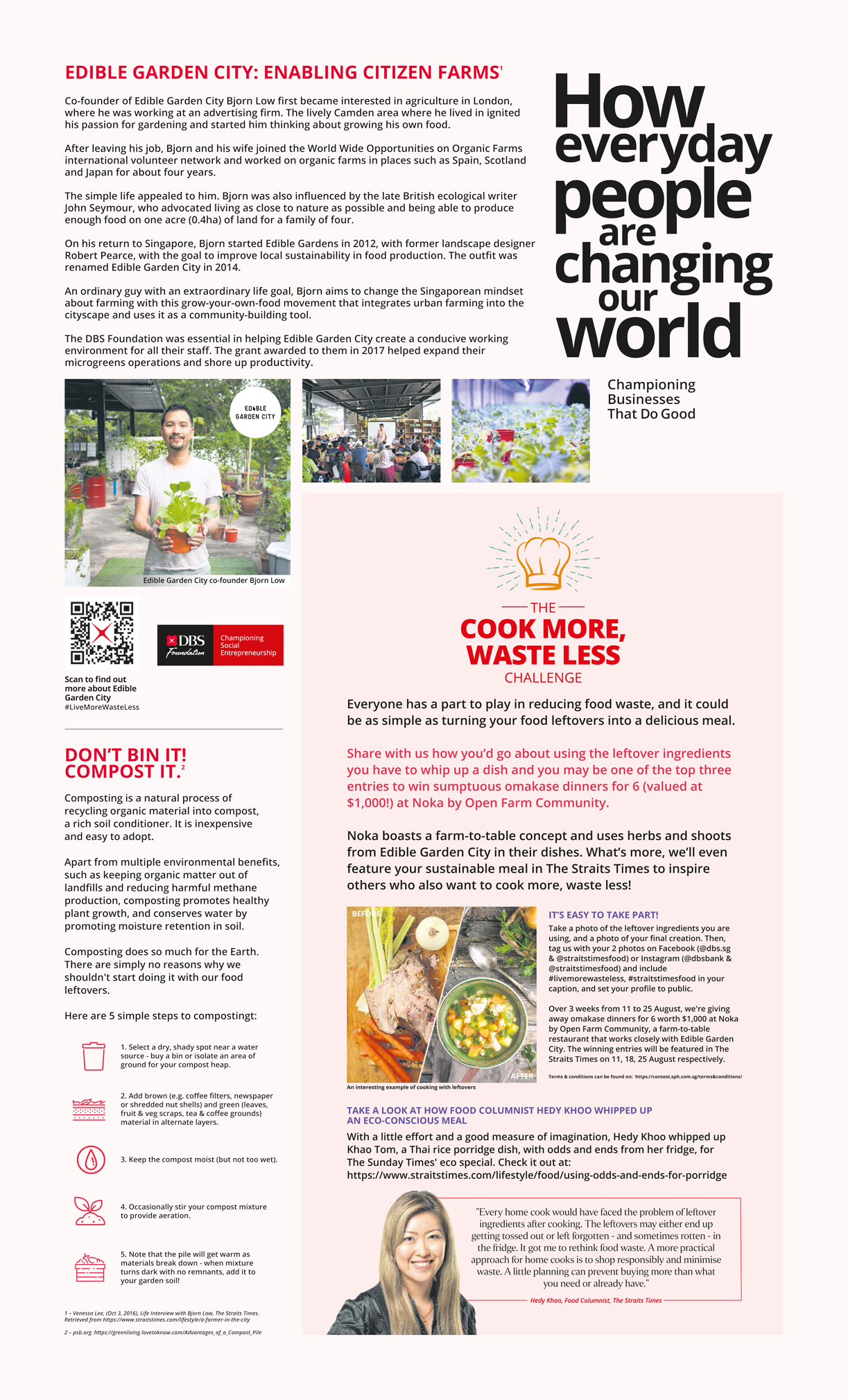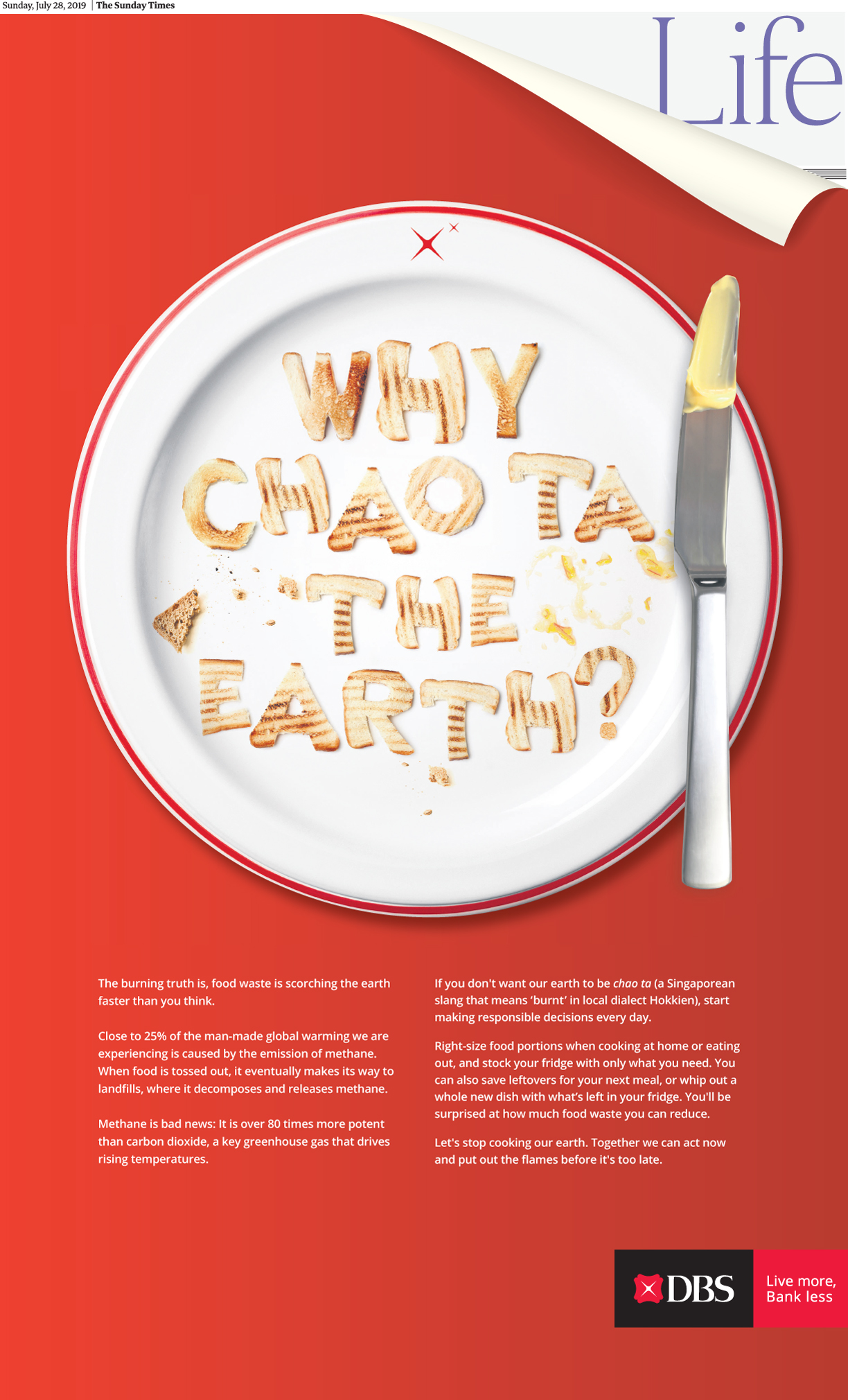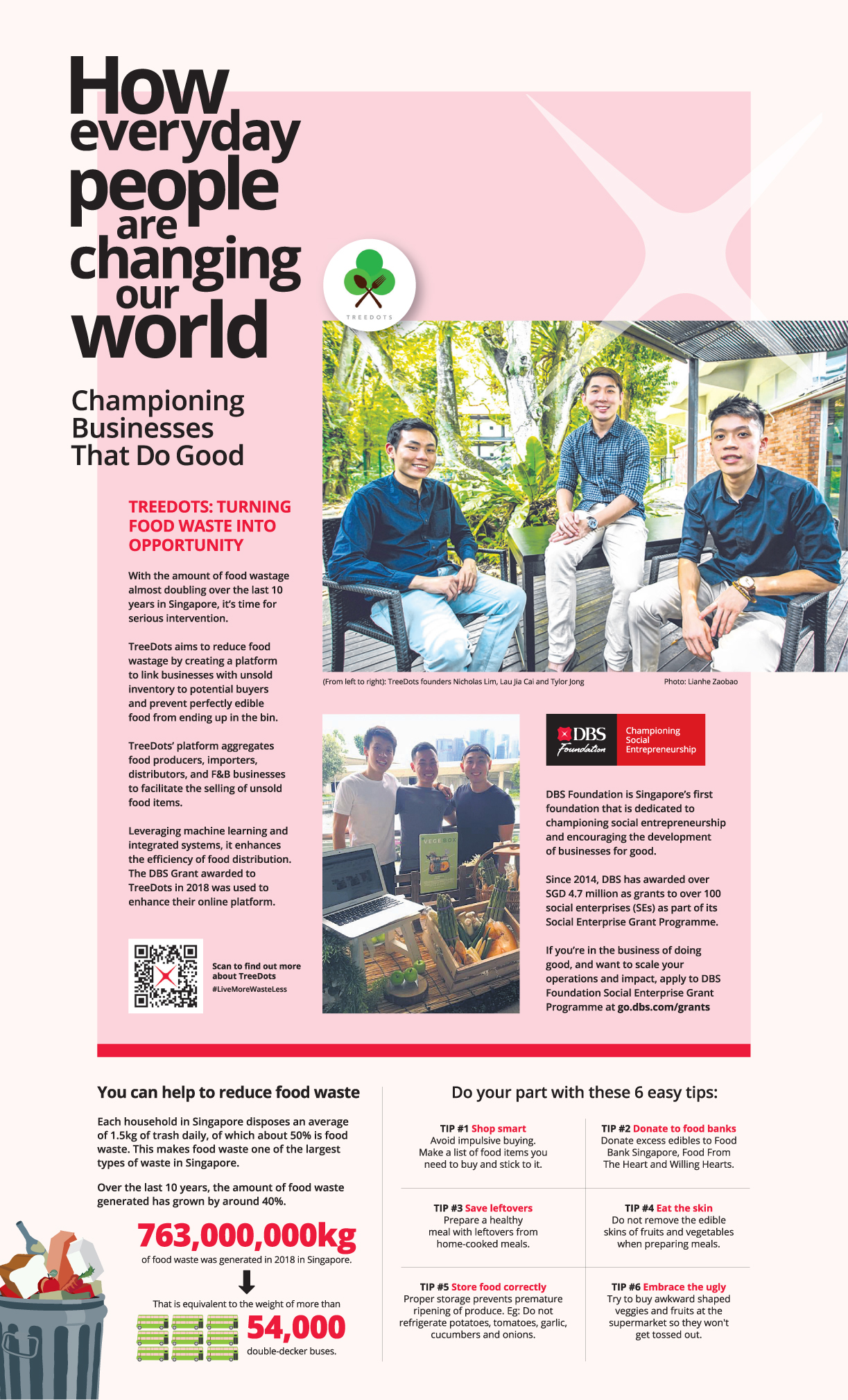Live mmmm more, Bank less
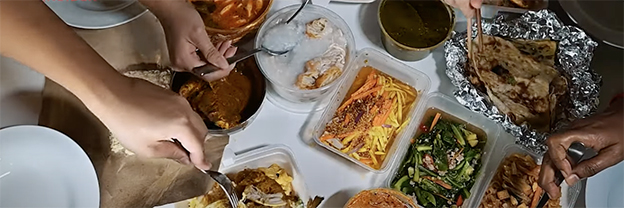
Live more, Waste less: Why Are We Throwing Away Perfectly Edible Food? | Food, Wasted 1/3
Every day, perfectly edible food is thrown away by the tonnes for not meeting beauty standards, amongst other reasons. This wastage occurs even before the food reaches our dinner tables, and is fueled by consumer choices and preferences.
Social enterprises like Treedots and Treatsure, both supported by DBS Foundation, are doing their part to reduce food waste by seeking out businesses and consumers willing to buy ‘ugly’ or surplus food.
The first episode of Food, Wasted, a documentary series produced by CNA in partnership with DBS, explores the reasons why food waste occurs, what some businesses are doing to tackle this issue, and how you can be a part of the solution.
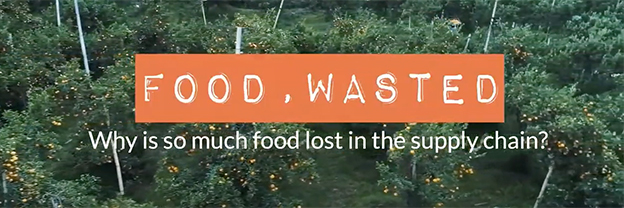
Live more, Waste less: Why So Much Food Is Lost In The Supply Chain | Food, Wasted 2/3
Up to a whopping 40% of food gets lost along the supply chain post-harvest, during handling, storage and transportation - never making it to the shops at all.
In Indonesia, the amount of fruits and vegetables that gets damaged after harvesting goes up to 50%. Poor handling, long travel distances in bad weather, and bad storage practices are the main contributers to the huge losses.
Social enterprises like S4S technologies, which is supported by the DBS Foundation, have set out to prevent food loss with solar conduction dryers that take out the moisture from perishable food and extends their shelf life. But what other innovative technologies can we rely on to reduce spoilage?
In the second episode of Food, Wasted, CNA and DBS explores what other solutions there are to prevent wastage in every step of the supply chain, and what can we, as consumers, do to help.
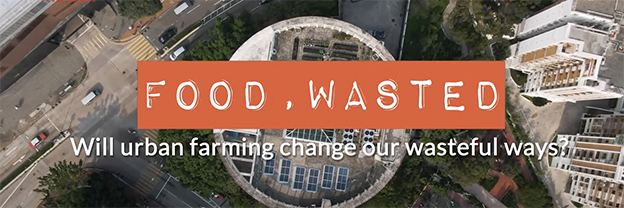
Live more, Waste less: Can Urban Farming Fix Our Broken Relationship With Food? | Food, Wasted 3/3
Consumers now are spoiled for choice with supermarkets and grocery delivery apps growing in popularity and abundance. With a few taps on the phone, fresh vegetables and fruits can be delivered to one's door in mere hours.
On the flip side, it makes us completely removed from the food growing process and unaware of how much energy and resources it takes to grow, harvest and transport produce so that it makes it to our dinner tables.
Some groups are looking to urban farming to rebuild our relationships with food. Rooftop Republic in Hong Kong transforms empty spaces on top of office buildings to farms well-stocked with chillies and eggplants.
In Singapore, Edible Garden City uses urban spaces to grow produce for consumption. Both social enterprises work with DBS Foundation to champion the Grow Your Own Food movement.
The third episode of Food, Wasted, produced by CNA in partnership with DBS, looks at how these social enterprises and some home farmers are taking matters into their own hands (literally) to tackle food waste.
Learn More

S'pore F&B firms work on reducing food waste and disposables amid surge in deliveries

More eateries in S'pore are putting local produce on their menus

Edible gardens grow in Singapore
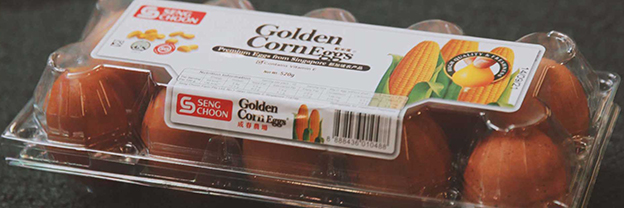
Local produce is fresher, lasts longer
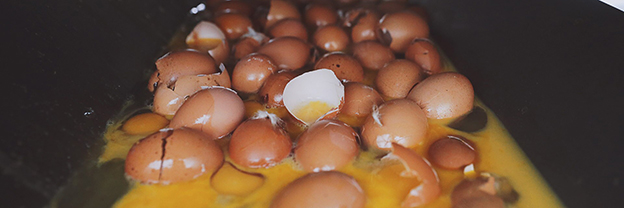
Calls to change eating habits and overhaul food supply chain to cut Singapore's food waste
Along with the race to ramp up local food production aggressively amid battling the Covid-19 pandemic comes another tough nut to crack: the massive amount of food waste generated by the Republic every year.
Learn More
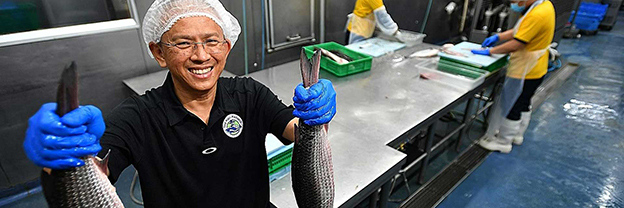
Scaling towards zero food waste in fish farming
Food waste is one of the biggest waste streams in Singapore, and 40% is generated by the commercial and industrial sectors that handle fish, other seafood and vegetables.
Learn More
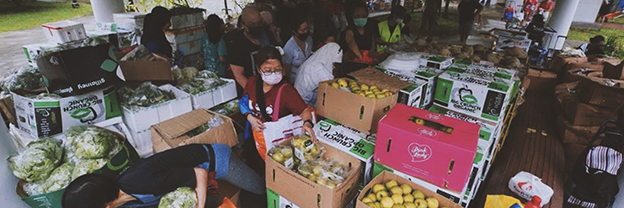
The beauty of ugly food
Fruit and vegetables top the list of food waste in Singapore, making up almost half of that generated by the commercial and industrial sectors that handle fish, other seafood and fruit and vegetables.
Learn More
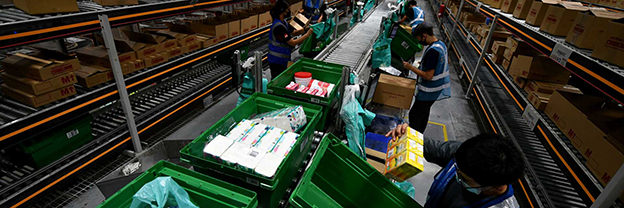
Unsold but not unwanted food
Close to 1.3 billion tonnes of food is wasted every year, even as more than 800 million people worldwide go to bed hungry every night.
Learn More
How two Singapore homes turned minimising food waste into a habit
More than 26,000 tonnes of unconsumed food worth $342 million are thrown away by households every year because the food wasn't stored or handled properly, or was bought without thinking.
Learn More
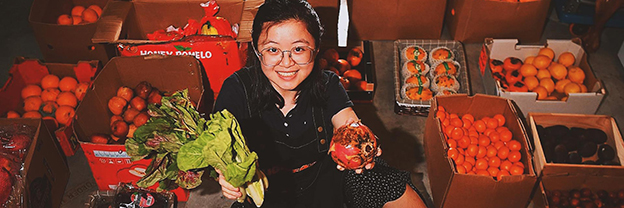
Turning Singapore's trash to treasure
The amount of food waste generated in Singapore has risen by about 20% over the past 10 years and is expected to increase with the growing population and economic activity. Yet only 18% of the total food waste was recycled last year, according to the NEA.
Learn More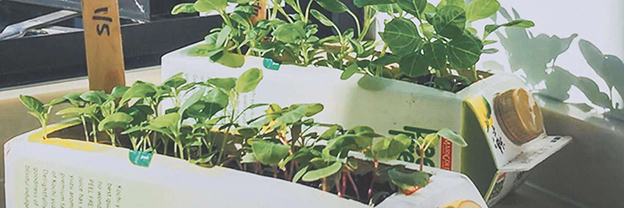
How to start growing your own edibles
Learn more
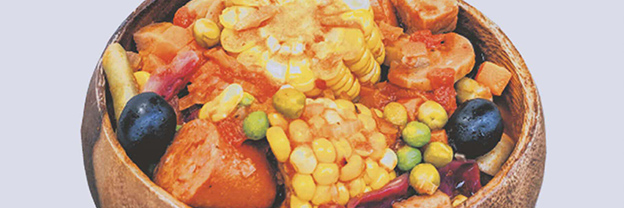
One-pot wonder
Learn more
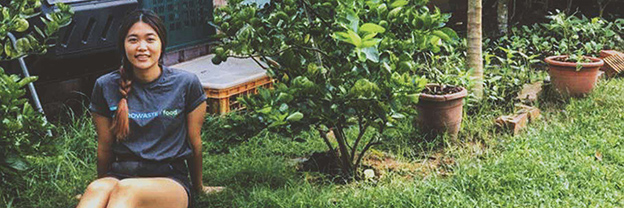
Waste not, want not: how to reduce food waste
Learn more
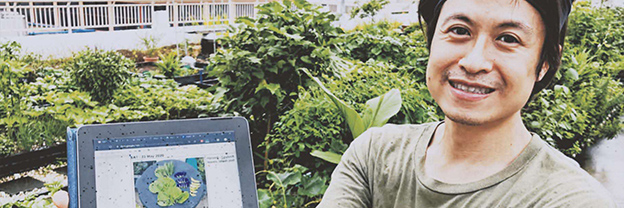
5 tips on reducing food waste
Learn more
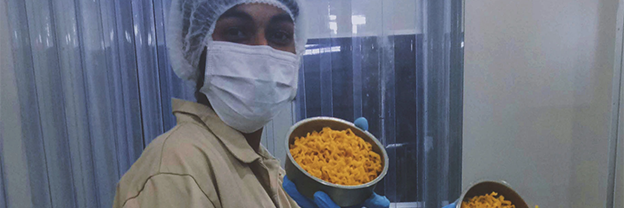
The next chapter of our food story
Learn more

Reduce your food waste footprint
Learn more
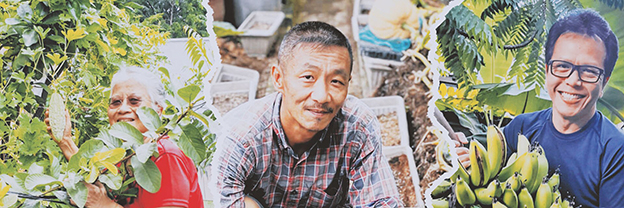
These Singaporeans are growing their own crops as an additional source of fresh produce
Learn more
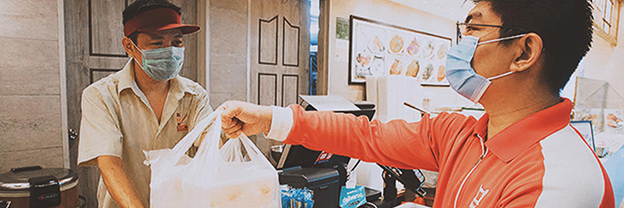
Rescuing livelihoods and feeding the community
Learn more
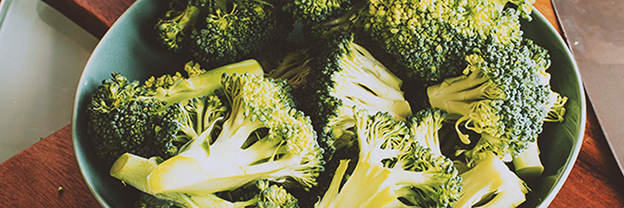
Get ready to broc & roll: this easy pasta dish uses the whole broccoli
Learn more

Changing food habits amid Covid-19
Learn more
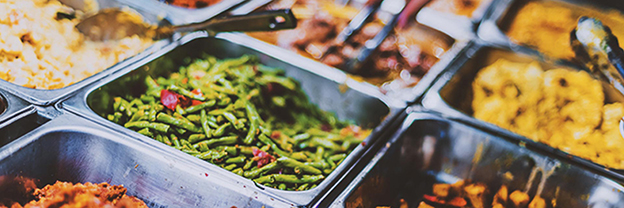
How food waste can be reduced at restaurants, food courts and coffee shops
Learn more
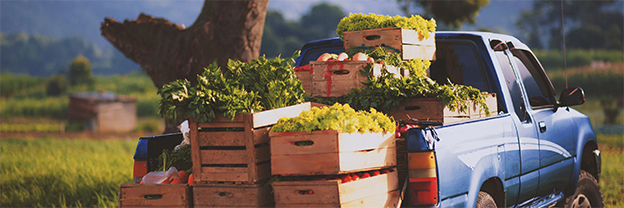
How to minimise food loss during storage and transportation
Learn more
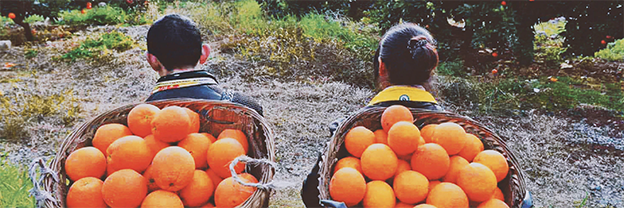
Rescuing food from going to waste
Chinese New Year is usually the best sales season for premium blood oranges from Hubei province. Considered one of the tastiest mandarin oranges in China and viewed as lucky due to its red pulp, the fruit is harvested between December and March every year.
But a lockdown of the Chinese province on Jan 23 threw things into disarray. A staggering 4,500 tonnes of oranges — enough to fill 170 shipping containers — were left unsold in Hubei’s Enshi City, an area known for growing this variety of the citrus fruit.
Learn more
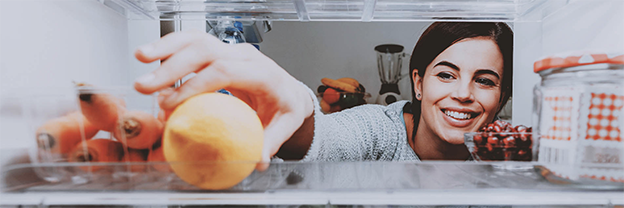
Whip up a tasty meal with what you have
Instead of running to the supermarket for more ingredients to whip up something, try making do.
Try scavenging in your freezer or larder, as if you are on a food rescue mission, and see what you come up with.
Learn more
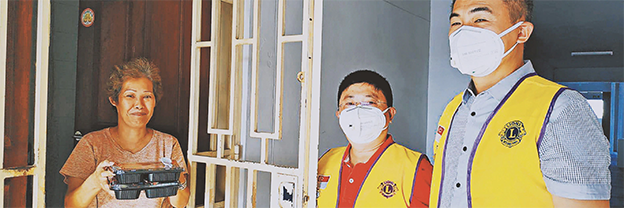
A community coming together
Seventy-two-year-old plumber Yee Sheng Kheong has seen the number of customers dwindle since social distancing measures were implemented in February to stem the spread of the coronavirus.
“I used to go out and work every day when I get calls for plumbing jobs, but now I don’t go out of the house anymore, which means I’m not earning,” says the sole breadwinner.
Learn more
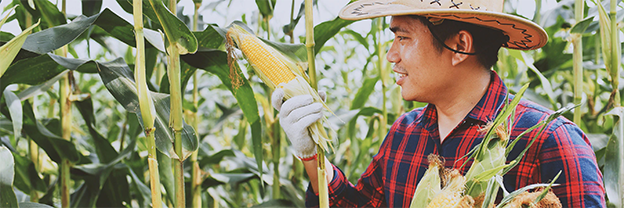
How food is lost and saved from farm to market
The Food and Agriculture Organisation of the United Nations estimates that about a third of the food the world produces annually is lost or wasted before it reaches the market, due to problems ranging from the lack of proper post-harvest storage, processing or transportation facilities.
The unfolding Covid-19 pandemic and measures to curb the spread of the virus have exacerbated the food waste problem in many parts of the world. Labour shortages and logistic bottlenecks resulting from border closures, lockdowns and trade disruptions have disrupted the harvesting, processing and transportation of food supplies. The crisis has thrown into sharp relief the need to rethink existing farming and food systems.
Learn more
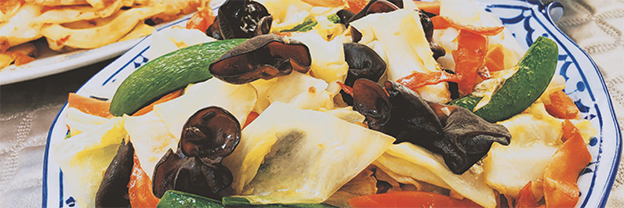
Cabbage is green in more ways than one
How do you reduce food wastage at home?
Start by taking stock of what is in your fridge, especially the vegetables as they are highly perishable.
Learn more
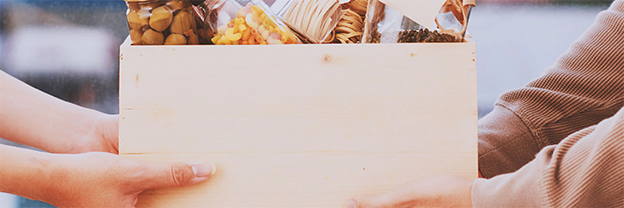
5 things you can do to boost Singapore's collective food security
Learn more
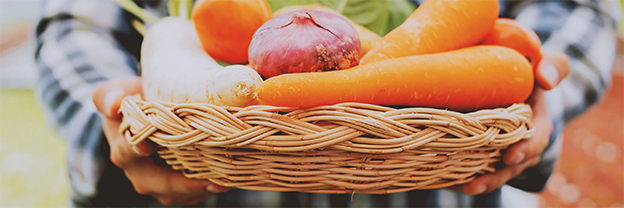
Where our food comes from
Singapore has over the years taken steps to boost its food security. It has worked with nations around the world to diversify its food import sources, maintain a national stockpile, and is continuously looking to technology and research to boost local production.
Today, its food imports come from more than 170 countries and regions. Here’s a look at where some of Singapore’s food is imported from.
Learn more
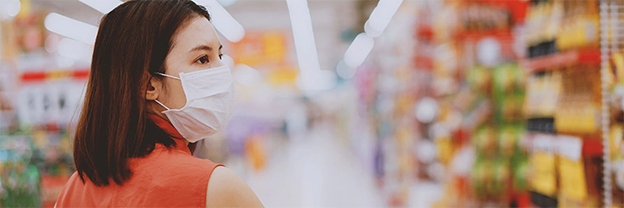
#SGFOODSECURE: A recipe for food security
The Covid-19 pandemic has cast a spotlight on the issue of food security worldwide, including Singapore.
Thanks to various strategies put in place over the years, our city state is the world’s most food secure nation, according to the Economist Intelligence Unit's Global Food Security Index 2019. Nonetheless, Singapore, which imports more than 90 per cent of its food, remains susceptible to factors that threaten global agricultural production.
Learn more
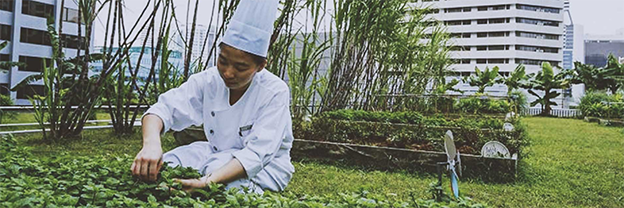
From farm to table
Crushed egg shells, used coffee grounds and spoilt uncooked vegetables - such ingredients are repurposed as compost for the crops grown at One Farrer Hotel's rooftop farm.
This "self-contained system" makes effective use of what is usually discarded as food waste.
Learn more

TreeDots: turning food waste into opportunity
With the amount of food wastage almost doubling over the last 10 years in Singapore, it's time for serious intervention.
TreeDots aims to reduce food wastage by creating a platform to link businesses with unsold inventory to potential buyers and prevent perfectly edible food from ending up in the bin.
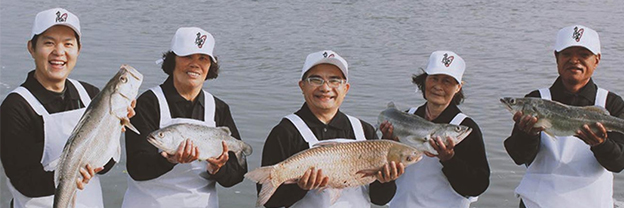
This social enterprise wants to ensure the fish we eat doesn’t cost our environment
What is the true cost of that fish on your plate?
When fish farms are not sustainable – a host of environmental challenges ensue. Pesticides and antibiotics used might end up released into the environment; large amounts of fish waste can pollute and deplete oxygen from the water; coastal habitats might be destroyed to build these farms.
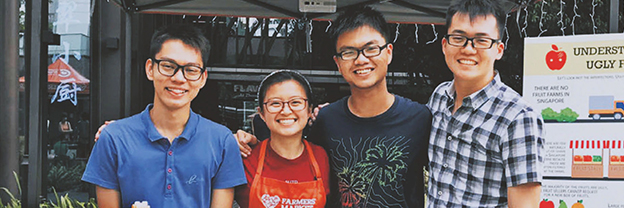
UglyFood: transforming imperfection into wholesomeness
Have you heard of "cosmetic filtering"?
You may have been guilty of it in the past, when you chose a bunch of kai Ian over another just because it looked prettier or greener, or perhaps it had less "holes". Almost all of us have done so, at some point.
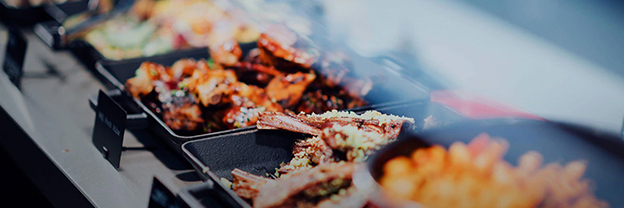
The battle of the food waste bulge — why you should throw away less food
With Singapore having declared 2019 as the Year Towards Zero Waste, TODAY’s new four-part Trash Talk series examines the issue of waste management and how Singaporeans can do our part to reduce waste. In the final instalment, we look at the burgeoning problem of food waste here, and the innovative ways to tackle it.
DBS Group
Useful Links
Awards
Asia’s Safest Bank, 2009 – 2024, Global Finance
Best Bank in the World 2022, Global Finance
World's Best Bank 2021, Euromoney
Best Bank in the World 2020, Global Finance
World's Best Bank 2019, Euromoney
Global Bank of the Year 2018, The Banker

